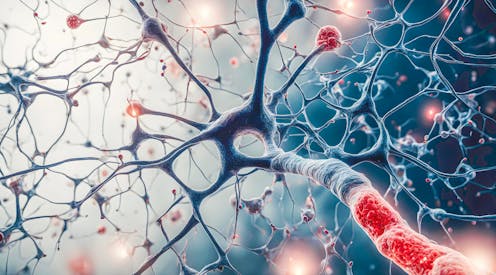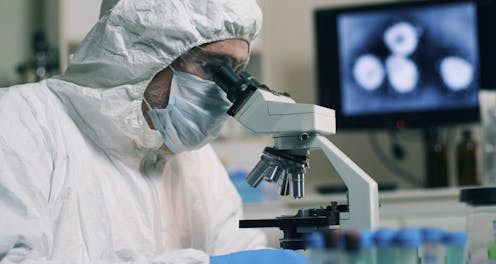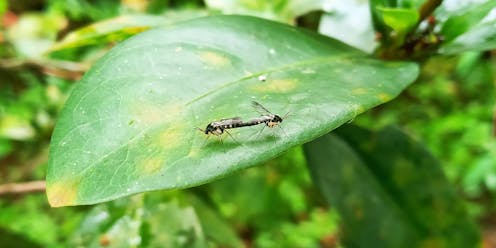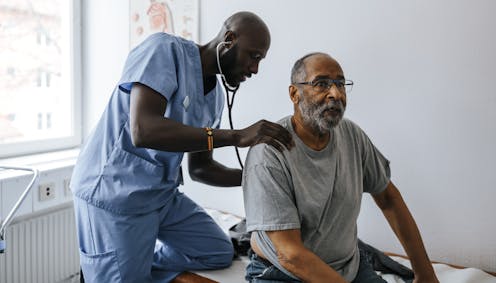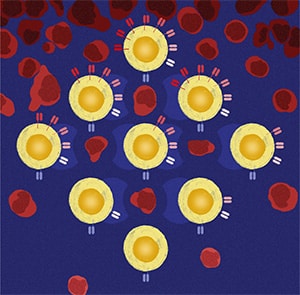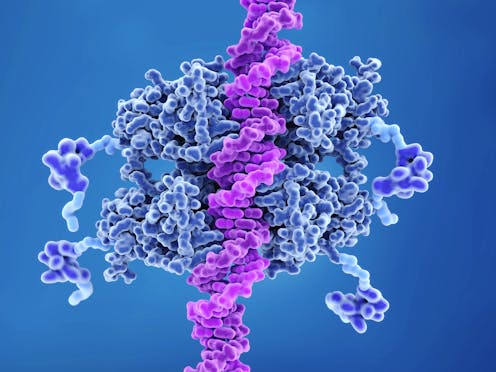Addressing the harmful chemical processes that accompany blunt force trauma to the brain can reduce the risk of long-term disability.
Author: bioelectric
CDC layoffs strike deeply at its ability to respond to the current flu, norovirus and measles outbreaks and other public health emergencies Health – The Conversation
The CDC was instrumental in eradicating smallpox, identifying the causes of HIV and encouraging Americans to get the COVID-19 shot.
Colliding plasma ejections from the Sun generate huge geomagnetic storms − studying them will help scientists monitor future space weather Science + Tech – The Conversation
While geomagnetic storms can lead to gorgeous aurora displays, they can also damage satellites and GPS.
Making sex deadly for insects could control pests that carry disease and harm crops Science + Tech – The Conversation
Mosquitoes cause around a million deaths per year. So, scientists are coming up with genetic engineering techniques that could lower their numbers.
Survey shows immigrants in Florida – even US citizens – are less likely to seek health care after passage of anti-immigrant laws Health – The Conversation
A survey of hundreds of Floridians found that nearly two-thirds of non-US citizens and one-third of US citizens hesitated to seek medical care.
Editors’ Picks, February 2025: Improving CAR T, Studying Breast Cancer Risk, and More American Association for Cancer Research (AACR)
This month, the editors of AACR’s journals show their love for studies about CAR T-cell efficacy, breast cancer risk, and more.
The post Editors’ Picks, February 2025: Improving CAR T, Studying Breast Cancer Risk, and More appeared first on American Association for Cancer Research (AACR).
p53 is both your genome’s guardian and weakness against cancer – scientists are trying to repair or replace it when it goes awry Science + Tech – The Conversation
The gene that codes for p53 is the most frequently mutated in cancer. Researchers are targeting different parts of its complex pathway to restore its ability to stop cancer.
Is DOGE a cybersecurity threat? A security expert explains the dangers of violating protocols and regulations that protect government computer systems Science + Tech – The Conversation
News reports paint a frightening picture of DOGE staff trampling time-tested – and in many cases legally required – management and security practices.
Seed oils are toxic, says Robert F. Kennedy Jr. – but it’s not so simple Health – The Conversation
Despite calls from some corners to switch from canola oil and corn oil to beef tallow, the move is unlikely to make Americans healthier.
How the human neck became a locus of power, beauty and frailty Science + Tech – The Conversation
The neck’s vitality and vulnerability are rooted in a quirky evolutionary history.
